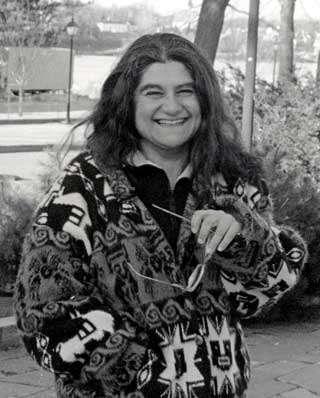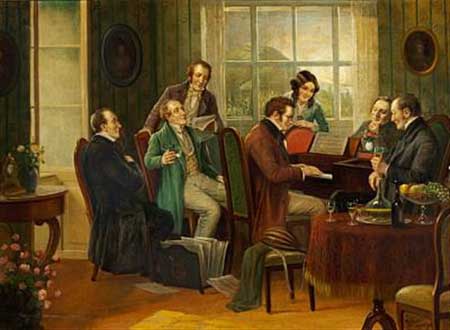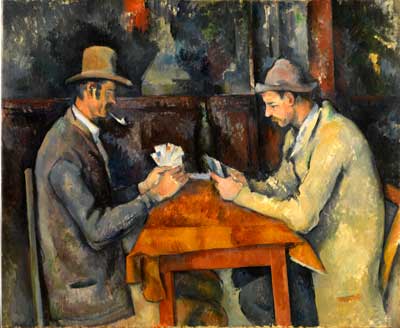Concert
Tanya Bartevyan, piano
The Concord Free Public Library
Concord, MA
March 10, 2018, 8:00pm
Impromputu No. 3 in B flat major, D. 935
Arnold Schoenberg (1874-1951)
Drei Klavierstucke (1909)
Ludwig van Beethoven (1770-1827)
Sonata #1, Op. 2, in F minor
Johann Sebastian Bach (1685-1750)
Andante in d minor from the “Italian Concerto”, BWV 971 (1735)
Frederic Chopin (1810-1849)
Polonaise Op. 71 No. 2 in B flat major (1828)
Robert Schumann ((1910-1856)
Piano Sonata No 2 in gminor, Op. 22 (1838)

Photo: Lale Berke-Jenkins
Tanya Bartevyan, a Boston-based pianist, plays with a generous spirit, full of grace, lyricism and attention to musical phrasing in a way that invites her listeners into the stories behind the notes. With a gentle touch that allows even tempestuous passages to fold into the broader lines of the musical narratives, Bartevyan provides a contour of musicality within which one can easily leaven many interesting imaginings.
Bartevyan’s considerable technique is compelling, but, even more persuasively, her tonal embrace has a warmth and suppleness that invites one’s relaxed attention to gather. Her spirit is light and her wit, both musically and verbally articulated, is everpresent. Indicative of this lightness was her impromptu comment after the Bach selection from the Italian Concerto indicating that she hadn’t thought it was so short.
That gentleness and humane approach resound firmly throughout Bartevyan’s playing.
Here are some notes from from the performance:

“Franz Schubert at the piano”
Franz Schubert, Impromptu No. 3 in B flat major, D. 935
Bartevyan opens the familiar though great theme with great delicacy, quietly majestic. Repeated with subtle variations, its flourishes initially appear more subtly then break into more pronounced extremes. Bartevyan adeptly keeps up the velocity within the embrace of a dignified air, a lightness prevailing. The second variation is playful and delightful. Bartevyan pulls off her runs as though they were great one-liners; one can almost watch her musical eyes wink as the lines fall from her fingers. Overall there’s a lively narrative quality to her playing – one can almost see Schubert and his animated claque standing in the alcoves. Several more placid variations follow, limpid and calm. But deliberation builds and repeats are hinted at but always yield to new mini-variations, evolving constantly. When a new variation with slithery scales emerges, Bartevyan carries it across the abyss with balance and attenuation like a graceful waiter on roller skates. She ends it sedately, pulling the swirling inwards to a gentle stop.

“Winter Landscape in Moonlight” (1919)
Arnold Schoenberg (1874-1951), Drei Klavierstucke (1909)
Massig
The twelve tones emerge like light through branches in surrounding woods. Abrupt flashes on the pond are echoed by softer glimmerings. Gradually waves of illumination test the deep and the dark. The mood is expressionistic – this is the forest of Kirchner, not of Renoir. Treble poles probe along the path as one proceeds with faith through the prevailing dark.
Sehr Langsam
In the quiet pond at night a frog wallows on a leaf. Moon plays on the water. We know things are happening beneath the surface but we see only the dance of moonbeams. Dreams of flamingos glide by. Meanwhile, Bartevyan creates a quiet gestation of the rumbling mind, painting the subtly varying gray tones in a quiet darkness.
Bewegt
A tirade, an explosion, a vivid destabilization. One must live despite the onset of darkness, one must plough through the fear of covert domains! Bartevyan sweeps her wizard broom on the path forward, and suddenly and finally a clearing appears.
Ludwig van Beethoven (1770-1827)
Sonata #1, Op. 2, in F minor
Allegro
Ah that opening, so charmingly familiar but yet so urgent and stimulating! Bartevyan’s graceful thrusts and parries invest the liveliness with a solid contour much like the grandeur offered by a graceful figure skater who carries off jumps within a stylistic embrace. Showing much of its Classical form, this still distinctively great Beethoven begins to evoke its unique idioms with its post-Classical parallel octaves and syncopations.
Adagio
The sweet and the poignant wandering between major and minor calls to mind a passionate infatuation weaving its romances and disappointments in one cloth. Overall, however, the cloth is made of solid fiber.
Menuetto/Allegretto
Bartevyan plays this as one would expect Beethoven would have liked it – a Menuet with solid feet, somewhat cautious, but not boldly hopscotchy. Whereas Haydn’s and Mozart’s styles of Classicism, pointedly and precisely rhythmic, evoke a sense of the furious and insistent play of the immediate, Beethoven’s rhythmic declarations are existential, the center of their ballast lying well beneath the notes, the dance deeper down.
Prestissimo
It rushes off the roof like a wall of falling ice. And then it turns to a sweet song as it moves off into the distance. Bartevyan seem to enjoy these moments a good deal, directing the narrative of playfully echoing dialogues. Subtle drama prevails here as in a Jane Austen novel, with Bartevyan creating a line that emerges forcefully while not banging its message out in drumbeats.
Johann Sebastian Bach (1685-1750), Andante in d minor from the “Italian Concerto”, BWV 971 (1735)
A pensive, steady heartbeat rises to a questioning treble which seeks the answer from on high, then learns to pace forward methodically at a lower altitude. Short, as Bartevyan noted, but sweet.
Frederic Chopin (1810-1849), Polonaise Op. 71 No. 2 in B flat major (1828)
Watch the birds as they spin and catapult through the air, their Nijinksy leaps flying. A diving pelican perhaps. A happy onlooker, with a cooling drink, smiles. The exotic bird with flying gold bracelets and many scarves lights up the ring, as a waterfall appears to lead to the next pantheon, elegant and quietly elegiac.

“The Card Players” (1895)
Robert Schumann (1910-1856), Piano Sonata No 2 in G minor, Op. 22 (1838)
So rasch wie moeglich; Schneller;Noch schneler
Ferocity comes with plaintive urgency. A call from above hovers over the turbulence. A walker steps across the stones in the flood, hovering in the ceaseless rain. The distressingly intense weaves within the light and playful. Switchbacks arise out of the turbulent frenzy, and as one rise above one stares down at the depths.
Andantino
A probing, hesitant beat moves forward gallantly. Quietly emerging luminescent fish beneath the surface send gently pulsing messages. A lovely ray of sun emerges, illuminating, then shading, the red rock arching above.
Scherzo
Call it play but this is a tough business, more like card-sharking, rib-poking humor in which the finger goes in deeply and one doesn’t know whether to laugh or to scream.
Rondo-Presto
There’s a lot going on here but somehow it settles doesn into a sedate frenzy. Bartevyan, quietly yet durably persuasive, keeps the wild aquatic eddies corralled, as well she should. An anthem seeks to emerge from the turbulence and eventually it does so, quietly clear. As it approaches the ramparts, the oceanic water sizzles with light, and then, in Bartevyan’s deft hands, all is light.
Encore: Robert Schumann, Kinderszenen, No. 1
So lovely, so clear, so hopeful. And, as it deepens, it does so carefully with gentle knowledge, returning to the beginning, so delicately wrought in Bartevyan’s nurturing grasp.
– BADMan
Leave a Reply